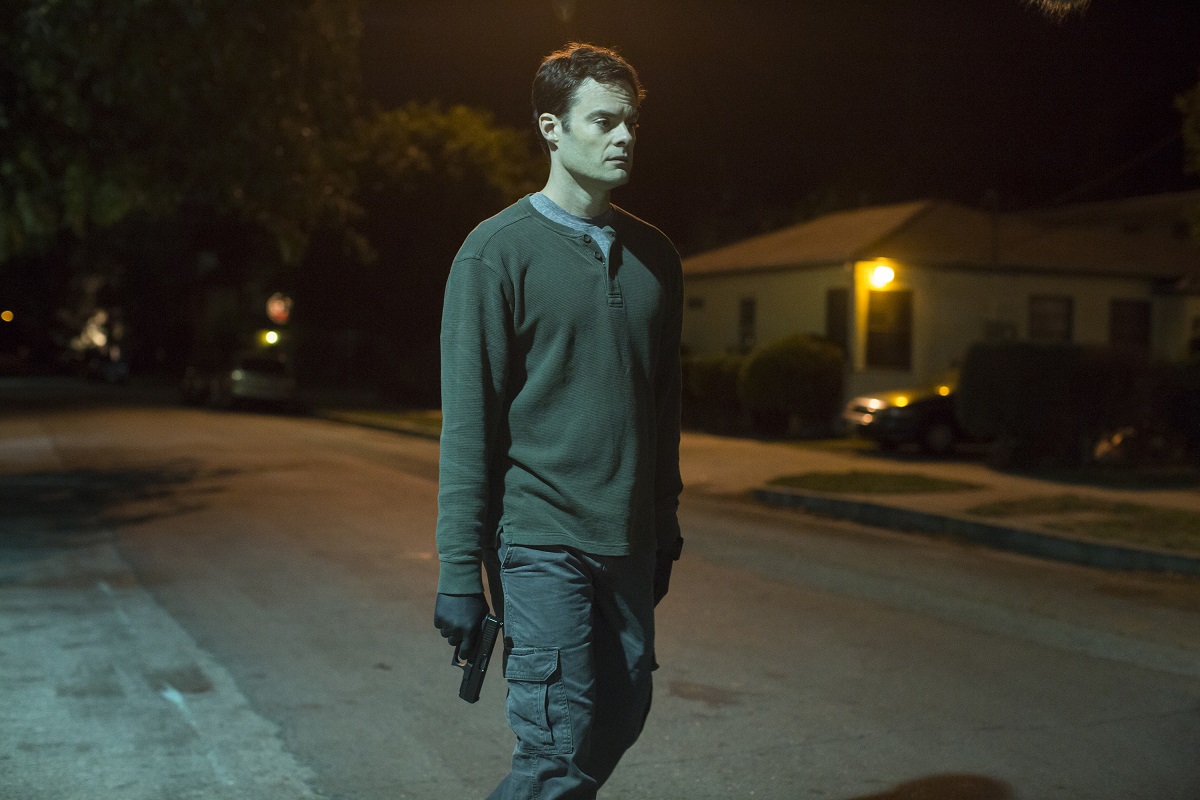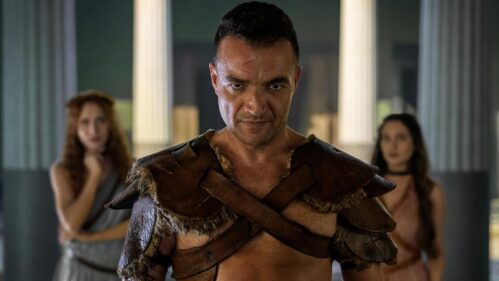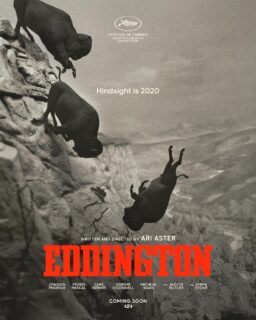A lot of programs have tried to mimic the inspirations behind HBO’s “Barry”—including the work of Elmore Leonard and Vince Gilligan—but few have done so with the consistency of this offering, one of the best new comedies of the last few years. This clever surprise is an eight-episode series that starts strongly and only gets better as its plot becomes more brilliantly complex and its characters are more fully developed. And it’s a wonderful showcase for Bill Hader’s dry sense of humor, a pronouncement of his talent as a fantastic TV creator (as fans of the excellent “Documentary Now!” can already attest) who approaches arguably familiar material from an inspired angle. In this case, Hader tackles two incredibly dangerous worlds: contract killing and trying to be an actor in Hollywood. It’s hard to say which one will ruin your life first.
Hader plays the title character, a former soldier who now works as a contract killer for a man named Fuchs (a perfect Stephen Root). Barry has convinced himself that he only kills bad guys. They probably deserved it if someone was willing to pay that much for it. Fuchs has brainwashed him a bit, and their dynamic is one of several fascinating ones that unfold through the eight episodes. He’s something of a father figure, but he’s the kind of father who makes sure his son never stops living at home.

Fuchs gives Barry an assignment in L.A. that involves the Russian mob, led by a brute named Goran Pazer (Glenn Fleshler) and coordinated by an eccentric man named NoHo Hank (Anthony Carrigan). Hank tells Barry that an actor has been sleeping with Goran’s wife. Barry goes to kill the young thespian and stumbles into an acting class, led by a gregarious fellow named Cousineau (Henry Winkler) and attended by a charming young lady named Sally (Sarah Goldberg). Barry doesn’t just fall for Sally, he falls for the very concept of acting—using your emotional past to impact your performance. Barry has a lot of unchanneled emotions. And when the hit goes sideways, he decides to stay not only to clean up the mess, but maybe book a few commercials too.
The humor in “Barry” is just dry enough that viewers are unlikely to bust a gut laughing but likely to maintain a smile for an entire episode. There are wonderful little beats—Barry getting the details on a hit via texts that end with “Please delete all of the above” or the fact that Cousineau’s acting advice book is simply called Hit Your Mark and Say Your Lines—that feel inspired by Elmore Leonard’s “Get Shorty” almost more so than the recent TV show literally based on that hit book and film. But none of it goes for the broad, easy joke. Most of all, there’s an energy and a rhythm to “Barry” that’s simply perfect, courtesy of direction by Hader, co-creator Alec Berg (“Silicon Valley”), Maggie Carey, and the great Hiro Murai (“Atlanta”). It will be one of the fastest half-hours of your week for the next two months.
What’s so impressive about “Barry” is that what could easily spin off into a “La La Land”-esque examination of Hollywood dreamers—I do love that the class pretty much only does monologues and scenes from movies instead of plays … even when they do “Glengarry Glen Ross,” it’s the Baldwin monologue from the film—becomes something else entirely as the show gets more intense. Without spoiling anything, the last few episodes of the season are dark in a way that’s more likely to recall Walter White in “Breaking Bad” than anything else, and it’s great to see the show payoff by taking risks instead of playing safe. And “Barry” has an eclectic cast of supporting characters, not unlike “Breaking Bad,” allowing sadistic killers and struggling actors equal screen time. In the end, they’re almost equally desperate.
Being a fan of Hader’s work in film and television, I was optimistic that “Barry” would be an entertaining diversion before the tsunami of quality TV returns over the next few weeks (“The Terror,” “Trust,” “Westworld,” “The Handmaid’s Tale,” “Silicon Valley,” and much more premiere over the next month and change. It’s chaos out there.) After watching all eight episodes of “Barry,” I walked away convinced it’s way more than just a diversion. In an increasingly crowded landscape, it’s another must-see program.












